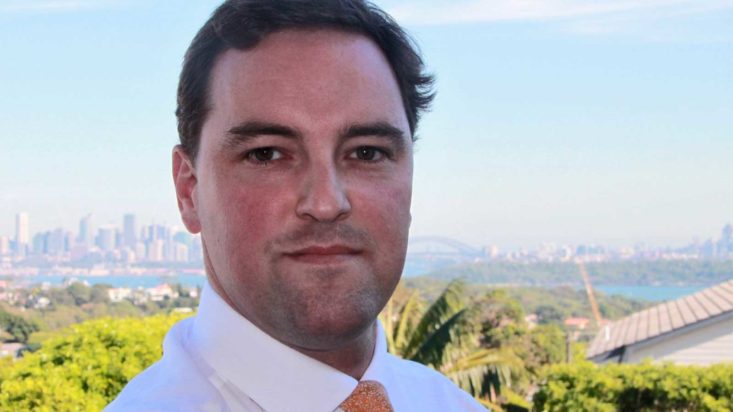Wealth sector attracts insto-grade player
The growth and sophistication of the wealth management market is attracting new interest from formerly institutional providers. Now bfinance, a global manager search and research consultant, has entered the wealth space, including in Australia.
bfinance, a London-based privately owned business established in 1999, has completed its first survey of wealth management companies, the results of which illustrate their expanding investment capabilities.
Until this year, bfinance has concentrated on the institutional markets in Europe, North America, Australia, Asia and the Middle East, overseeing manager searches and providing advice for big pension funds, sovereign wealth funds and other fiduciary investment groups.
The move into the wholesale wealth management sector has the potential to dramatically increase the size and scope of its business.
For instance, the bfinance report says that high-net-worth individuals (HNWI) control an estimated US$88 trillion, which would make it about twice the size of the global pensions market. This figure, from PwC, is predicted to reach US$108 trillion by 2025.
The ‘Wealth Manager Investment Survey'(download PDF here) was conducted with 120 wealth managers, including about 10 from Australia. Results highlight the strong trends in the impact and use of new technologies, ESG considerations and product and broader investment capabilities, which are also strong trends among institutional investors and their managers.
The report says that, apart from service providers in the sector, such as wealth managers, the health and effectiveness of the sector should also concern policymakers, macro-economists and regulators.
“Wealth management, more than ever, is a topic that does not just affect the exceptionally well-off. Individuals face growing challenges in delivering their future financial security,” bfinance says.
The three main trends highlighted are:
- Expanding investment capabilities – with growing allocations to alternative investments and coverage of an increasingly diverse range of asset classes. Meanwhile, the much-discussed shift towards passive investing may have hit its limit
- The shift towards ESG and impact investing – with clear differentiation emerging between those who envisage a separate ESG product suite and those who expect broad integration, and
- Evolving structures and use of service providers – falling fees on like-for-like services, more use of external managers and a—very mixed—trend in favour of collectivisation.
Frithjof van Zyp, bfinance’s senior director, client consulting, for Australia and New Zealand, who set up the office in Sydney in 2016, said this month (September 8) that the survey was undertaken in recognition of the significant part of the market represented by wealth managers, who were also growing in sophistication.
“As the report notes, the AUM in wealth is greater than that of the institutional pensions market… And we have been engaging with them more and more globally,” he said. The first survey for the London-based firm would “open the door” for further engagement with the sector.
“We support our clients with manager research, with a strong focus on their specific requirements,” he said. “We believe this bespoke research will help fill a gap within the wealth space where specialist support and resources are needed as well. Our survey results indicate a growing interest in private markets, which is an area where we have done a lot of work to support our current clients.”
Designing manager searches for wealth managers would not be dissimilar for bfinance from how it goes about new asset classes in the institutional sector, van Zyp said. It already has a lot of experience with alternatives and in recent years has built up specialist capabilities in ESG and manager fee benchmarking.
In terms of investment capabilities, the survey shows: 60 per cent of wealth managers already use private equity; 52 per cent use emerging market debt; 52 per cent use private credit; 48 per cent use infrastructure; 42 per cent use hedge funds; and more than 70 per cent use ‘illiquid’ investments.
The results show that 61 per cent of wealth managers have increased their exposures in private markets in the past three years and 54 per cent expect to do so in the next two years.
Interestingly the report also indicates the tide may have turned against passive investment strategies, which have dominated fund flows for several years. Only 21 per cent expect to increase their use of passive strategies in the next two years compared with 50 per cent in the past three years.
The report describes the “massive shift towards ESG”, with 80 per cent saying they integrate ESG considerations into client portfolios, and 54 per cent say that business development is a significant factor driving the practice. Nearly one-in-five of these expect to earn better investment returns as a result, as well.











